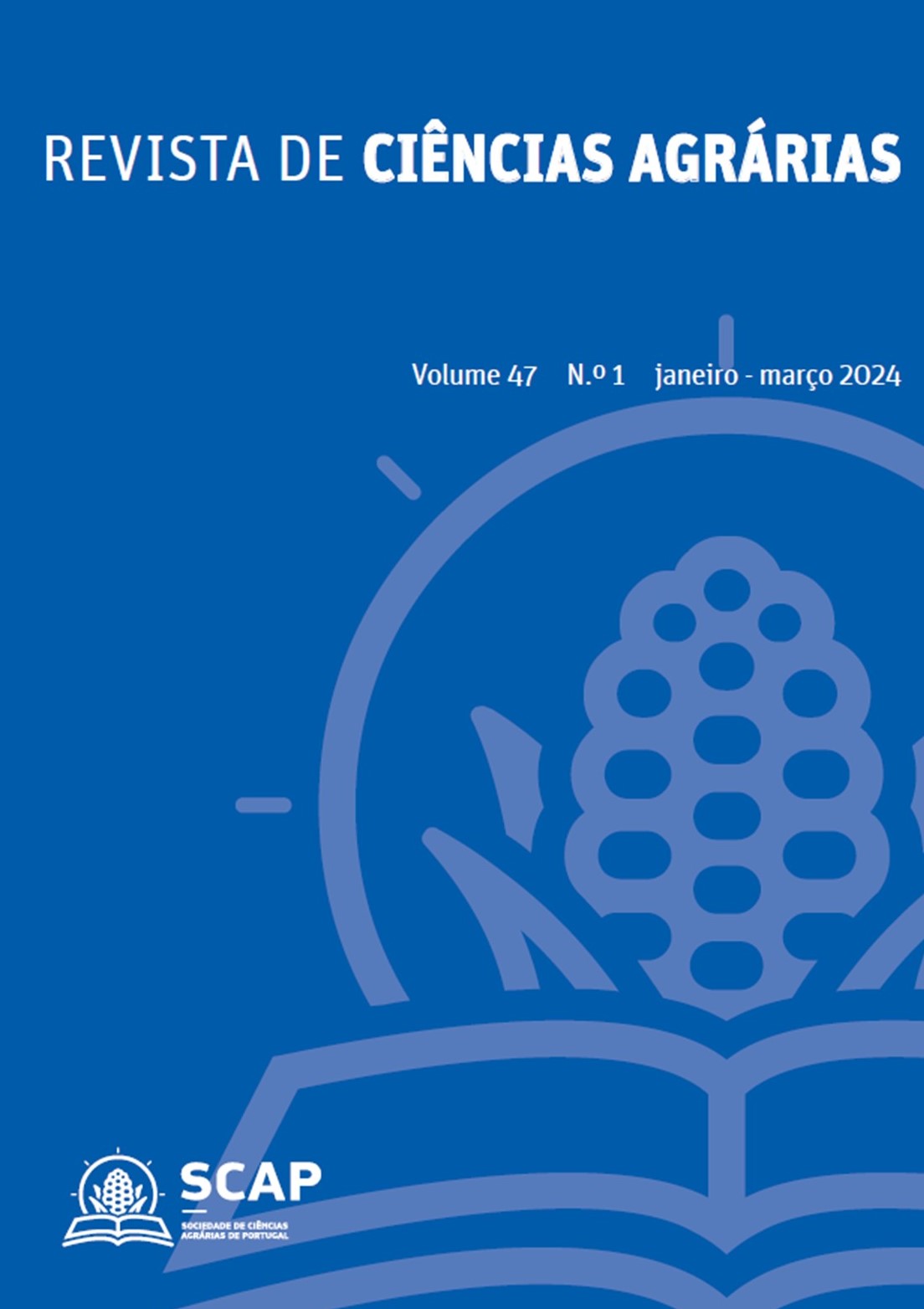Agroecological strategies for sustainable weed management in key European crops
DOI:
https://doi.org/10.19084/rca.34857Abstract
Agroecological tools and strategies will be identified in the European project AGROSUS, to prevent and manage the occurrence of weeds in the most economically relevant crops in the eleven biogeographical regions of Europe (Continental–Mediterranean–Atlantic–Macaronesian–Pannonian–Anatolian–Black Sea–Boreal–Alpine–Septic–Arctic), while reducing the release of synthetic herbicides into the environment, increasing biodiversity and agroecosystems’ health. The designed agroecological tools and strategies will be developed in collaboration with stakeholders (farmers, advisors, small sellers, associations, policy-makers, etc.). These strategies will be implemented in the most economically relevant crops in the 11 biogeographical regions of Europe in conventional, organic and mixed farming systems. In addition, agroecological strategies will be compared with classical chemical control, assessing the health of crop plants, the quality of agricultural products, and the quality and health of the soil. Also, the environmental impact, economic and social costs and benefits of the combined agroecological strategies will be evaluated in short, medium and long-term in different trial fields.


